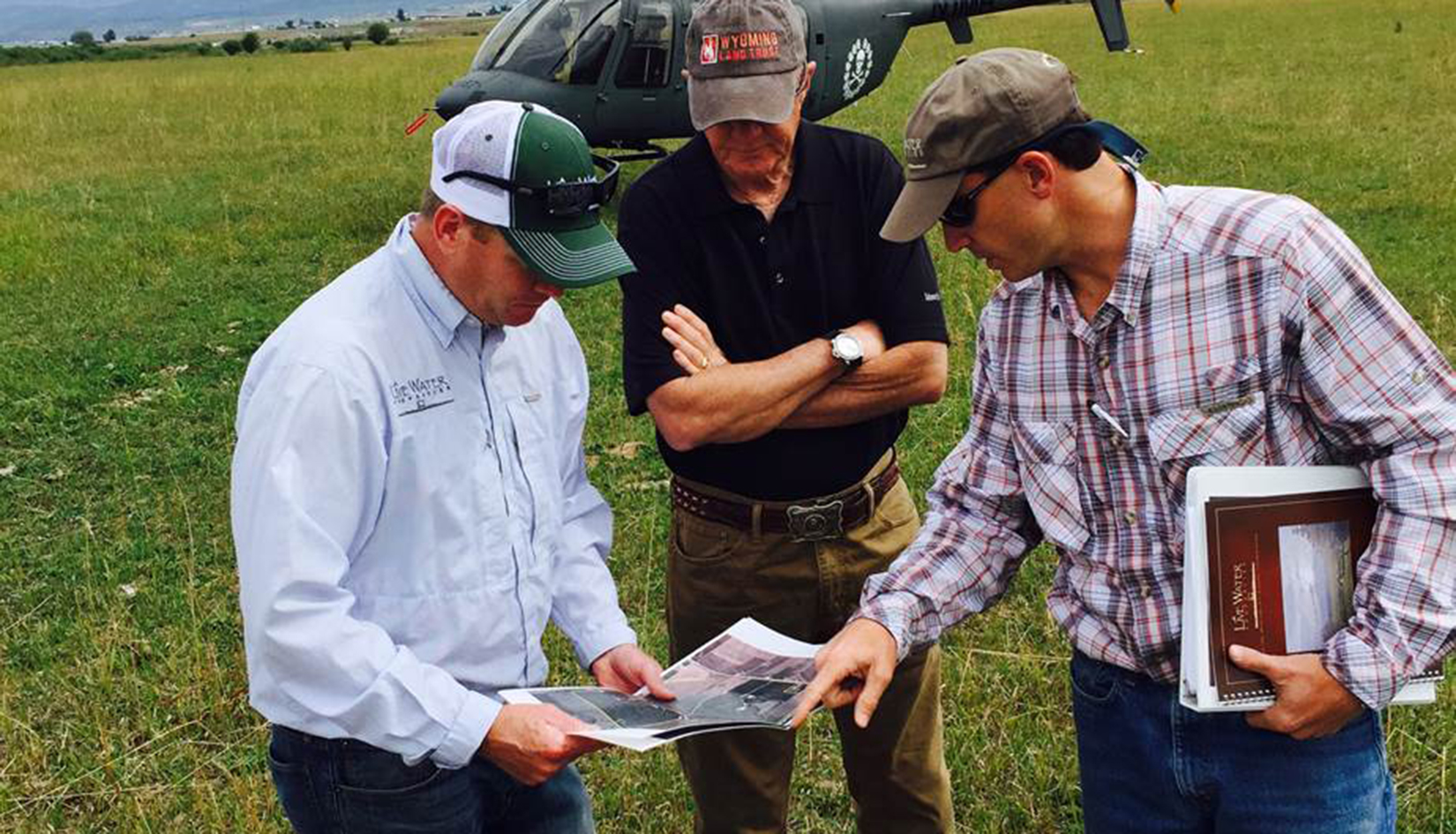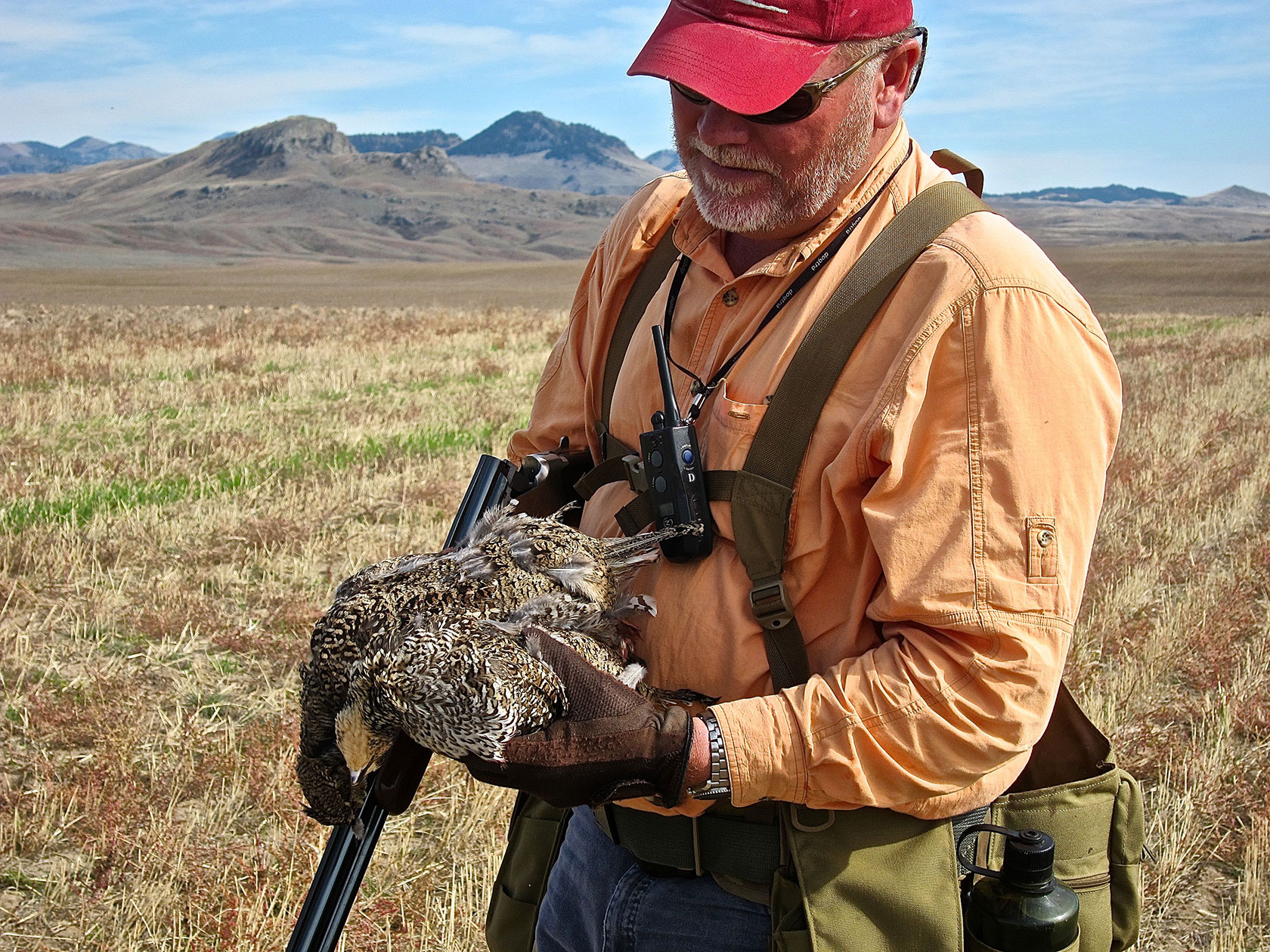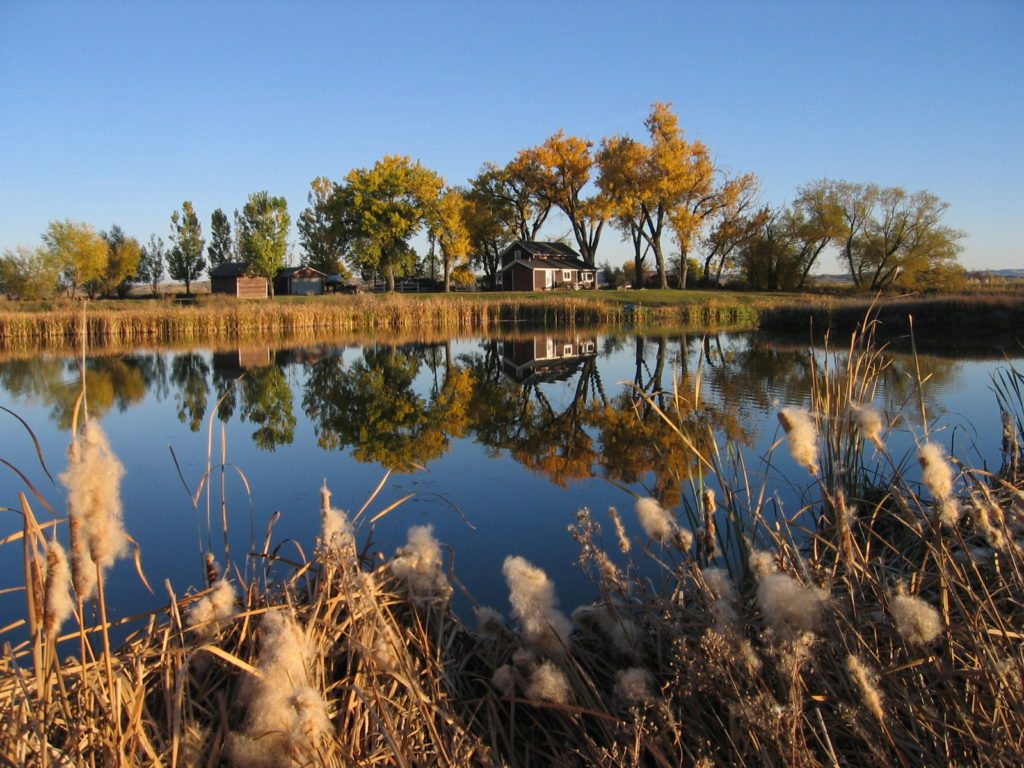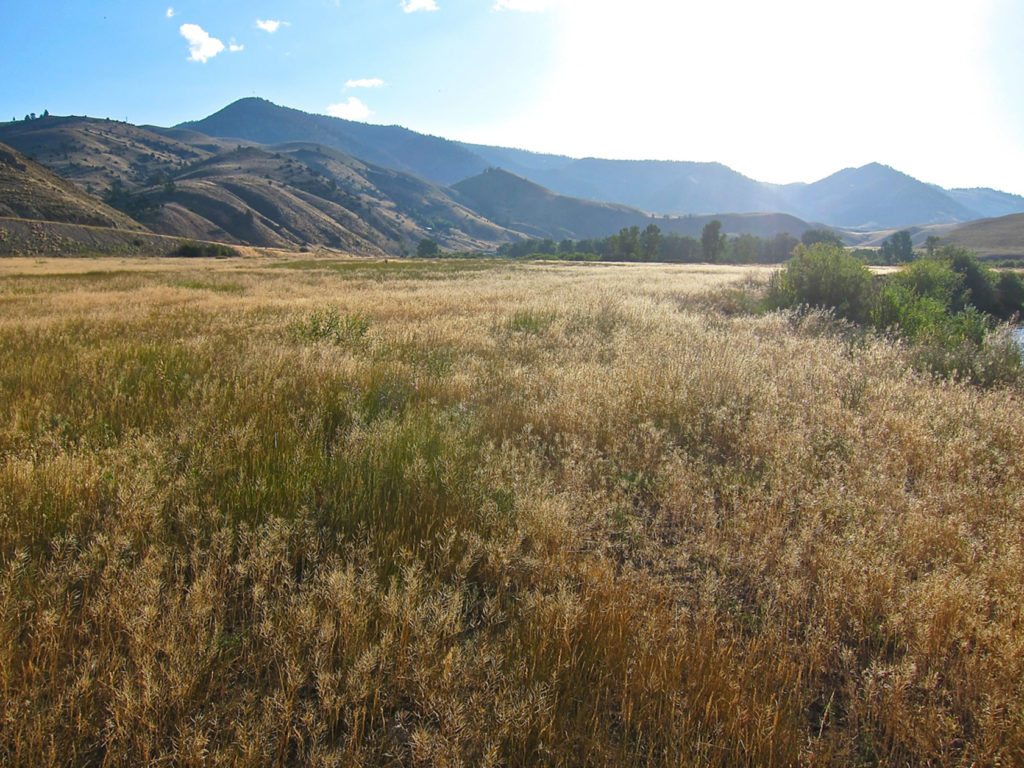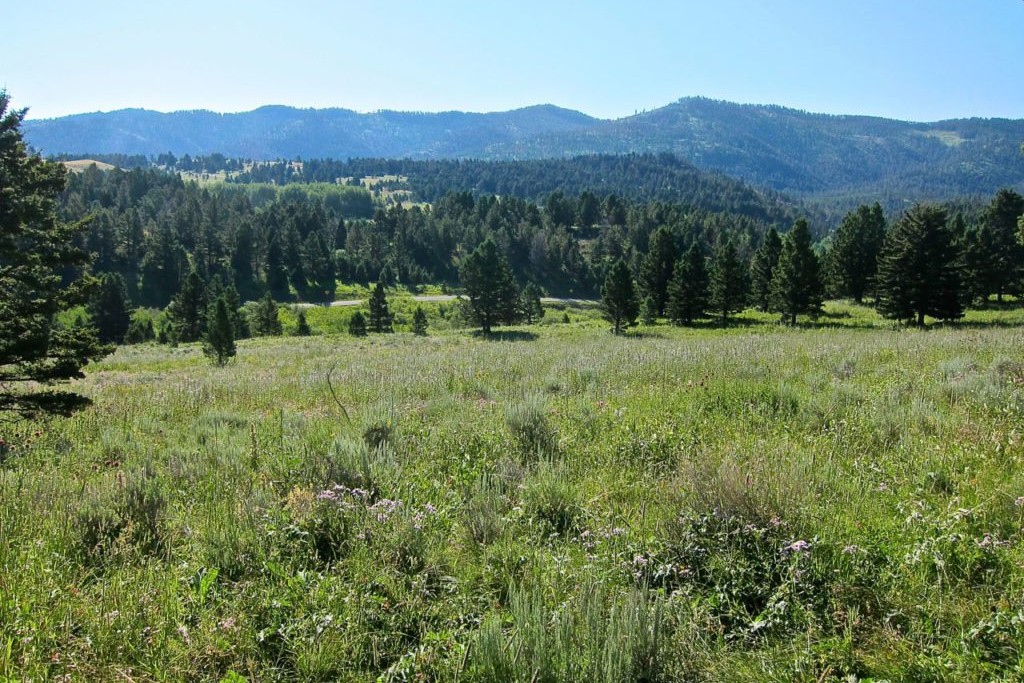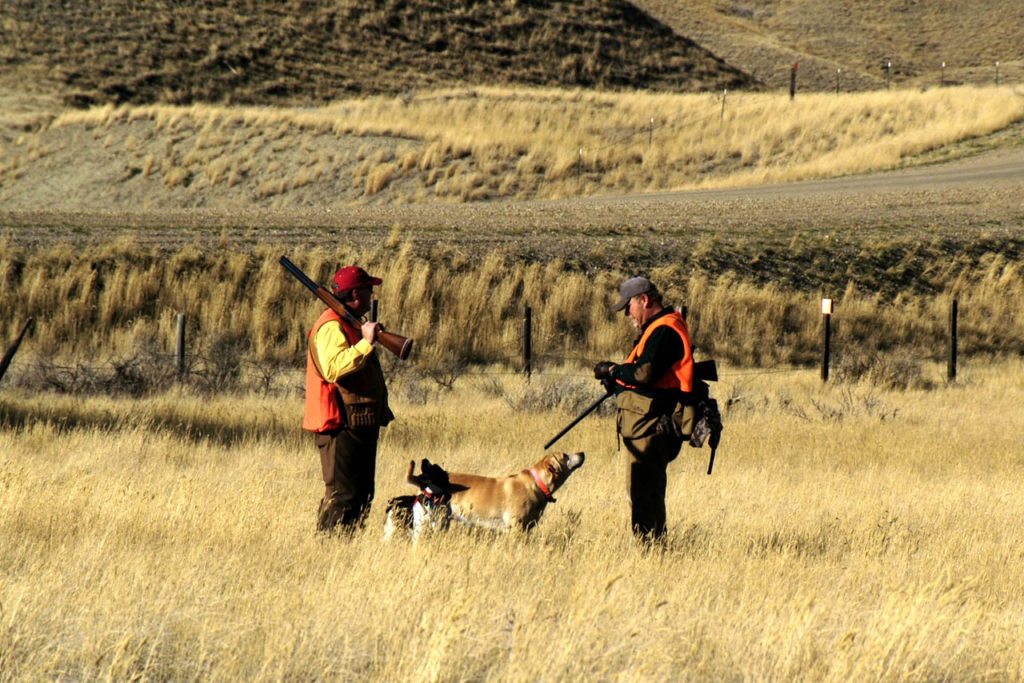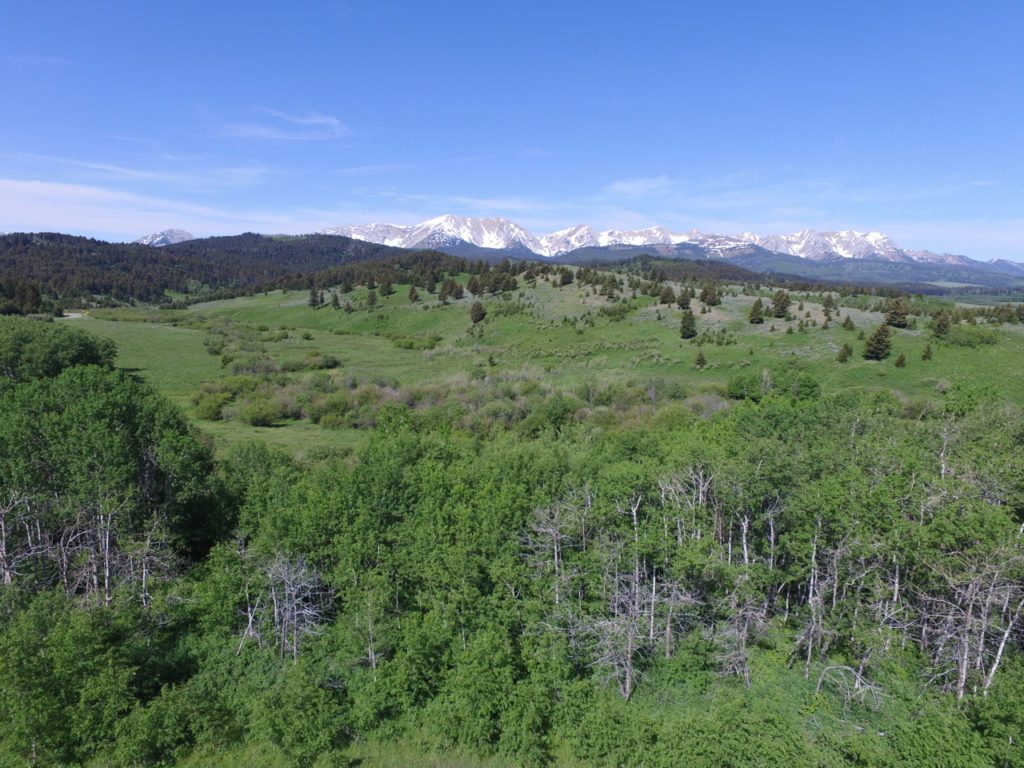This year marks my 30th as a Montana ranch broker. Over my career I have seen significant changes in the real estate industry. Technology provides the tools for quick access to information, enables communication from virtually anywhere at any time, and enhances productivity by a substantial margin. Tasks that once took days to complete can be done in minutes with a computer and a few emails; quite a difference from days past with typewritten buy/sell agreements, regular mail and utilizing pay phones when on the road. Despite the many changes, one thing has remained constant: the driving interest and desire people have to own land. Having had the good fortune to work with many different ranch buyers over the last three decades, I have noticed a reoccurring series of questions and issues regarding the methodology of buying a farm or ranch. Here are some things to consider as a potential buyer that may help to expedite the process of buying land in Montana.
Initial Prospecting
Prospective ranch buyers today are more educated as to the available inventory in any given market than ever before. Virtually “everything that you ever wanted to know about anything” can be found by doing an Internet search. Most ranch brokerage firms today have comprehensive websites that not only provide generic industry information, but also allow convenient direct brochure downloads on company listing inventory as well as offer links to view property videos. A few years ago it was necessary to call a broker to obtain specific details about an advertised property. Now one can learn a fair amount about any number of properties by using resources like real estate search engines, online brochure materials and aerial videos, Google Earth satellite imagery, and the like, without ever talking to someone or even stepping onto the ranch. While this can be an effective approach to get an overview on a lot of different offerings, firsthand insight and detailed information is definitely lacking in the process.
Find A Broker
Enlisting the help of a professional ranch broker will add a tremendous amount of worth to the ranch buying experience. The more information a buyer can share with a broker, the more effective the interaction will prove to be. A list of criteria that addresses items like preferred location and acceptable distance from airports and services, anticipated spending budget, importance of property improvements, ultimate ownership goals, agricultural and/or recreational expectations, and so on, is key to maximizing effort and efficiency. A good broker has a finger on the pulse and dynamics of the market and knows the current ranch inventory – both listed and perhaps available unlisted property opportunities – at any given time. The broker might have previously visited a number of properties that a buyer may be interested in and can give personal feedback as it relates to how those properties may or may not match a buyer’s standards.
An effective ranch broker can speak with authority on subjects ranging from agricultural considerations on a specific property to recreational assets and will have a solid contact network of other professionals that can be helpful in the buying process such as attorneys, appraisers, lenders, 1031 intermediaries, ranch management service providers and property enhancement firms. Once a property is identified, the broker can construct the offer, giving advice on how to negotiate as well as recommend appropriate contingencies to explore during due diligence. A good ranch broker has the knowledge, experience, and skill set to make the ranch buying experience much smoother and effective while ultimately saving a buyer both time and money in the process. Develop a solid relationship with a good ranch broker and reap the benefits.
Due Diligence
Once a potential property is identified, it’s time to take a detailed look. Several items should be investigated thoroughly.
- Water Rights – Not all farm and ranch properties in Montana have water rights, but the majority do. Mainly sourced from streams, rivers, lakes, ponds, and drilled wells, water rights in a ranch context mostly take the form of stock water, irrigation and domestic rights. These rights have an annual period of use, a volume amount and priority date, and the earlier the priority date, the more senior the right is relative to other rights from the same source. Water rights can be decreed (essentially private) or ditch rights, which are owned collectively by a water user association or shareholders in a ditch company.
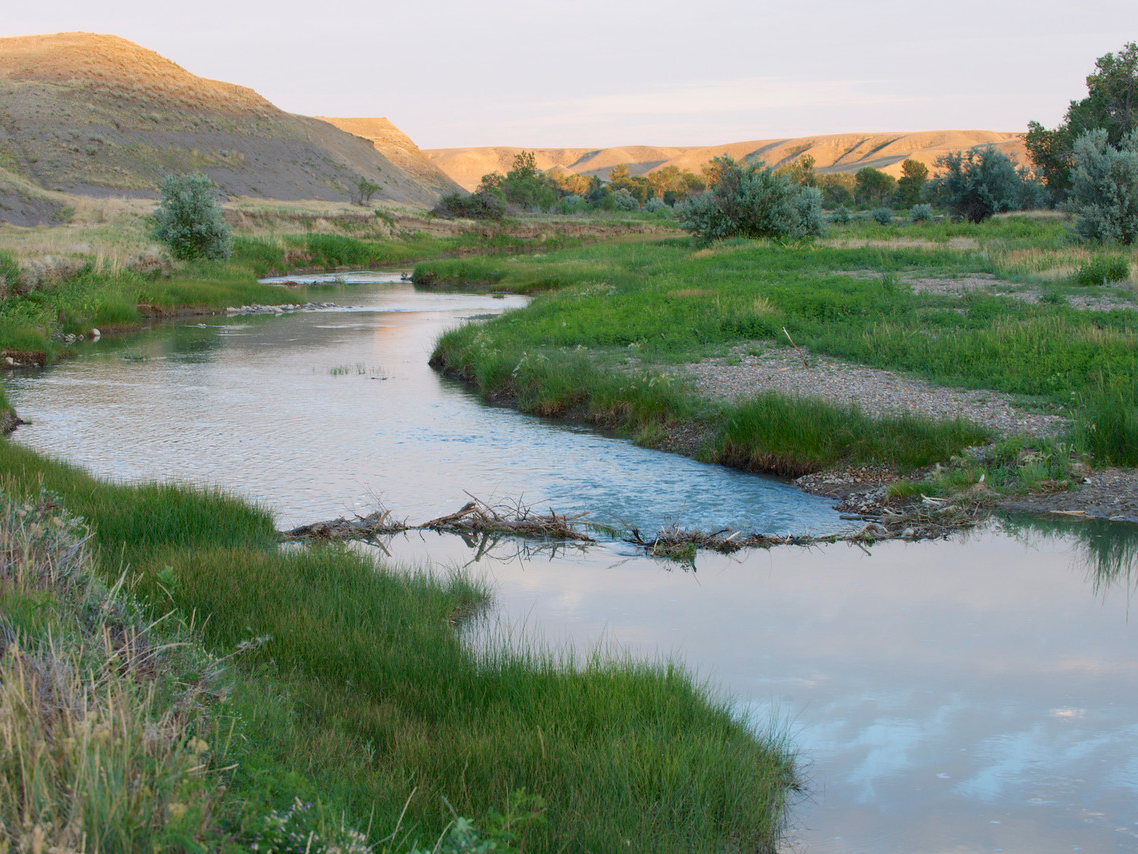
- Mineral Rights – Most ranches in Montana do not own 100% of the mineral rights under the land, as customary procedure from the homesteading days was for each previous owner in the chain of title to keep a portion of the mineral estate when he or she sold the property. Surface rights are subservient to mineral rights in Montana, which can result in a majority mineral owner having implied access rights over the land in some circumstances. A mineral search conducted by a title company or private contractor is prudent in many cases.
- Stream Access – Compared to many other western states, Montana has a fairly liberal stream access law. Essentially, water in Montana is owned by the public and is generally accessible to the public below the high water mark, as long as the waterway can be accessed without trespassing across private land – i.e., public fishing accesses, bridges on public roads, etc. The implications of Montana’s stream access law should be considered when looking at properties with notable water resources.
- Recreational Resources – Montana is a big state with a wide variety of topography and landscapes, as well as a diverse wildlife community. The amount of hunting and fishing options is almost overwhelming, but available game and fish species can vary substantially from one part of the state to another. In certain areas, hunting tags can be purchased over the counter while in others, tags must be drawn through a lottery system and not guaranteed. Montana has both cold and warm water fish species; particular areas have fabulous upland bird hunting, while others do not. Having a good knowledge of fish and game distribution and harvest regulations can influence locational considerations for the recreational ranch buyer.
- Leases & Government Programs – Many Montana ranches and farms control BLM, state of Montana and U. S. Forest Service leases to compliment agricultural operations on the deeded land. Understanding terms of use, lease periods, stocking rates and the cost is fundamental in judging the overall productivity of an agricultural property. A property may be currently enrolled or could qualify for a number of government farm programs, which could represent the opportunity for cost-share or subsidized agricultural land improvements.
- Floodplain – Understanding state and federal regulations with regard to riparian areas along rivers, streams and wetlands are very important. Reviewing FEMA maps, identifying building setback and septic requirements for new construction along watercourses and in high water table areas, researching restrictions on stream enhancement and pond construction in designated riparian and wetland areas – all of these items are relevant in assessing a property’s compatibility with a buyer’s long-term goals.
- Land Use Options – Zoning designations, minor and major lot subdivision requirements, state subdivision laws, deed restrictions and conservation easements can impact and possibly restrict certain uses on a property, consequently affecting desirability and worth.
- Property Improvement Feasibility – Some properties are diamonds in the rough, having untapped potential. Understanding how water resources can be enhanced through stream restoration and pond building, how game numbers can be increased through management strategies to improve cover and food sources, and exploring potential cost-sharing options through various government programs can dramatically increase the utility and ultimate value of a property.
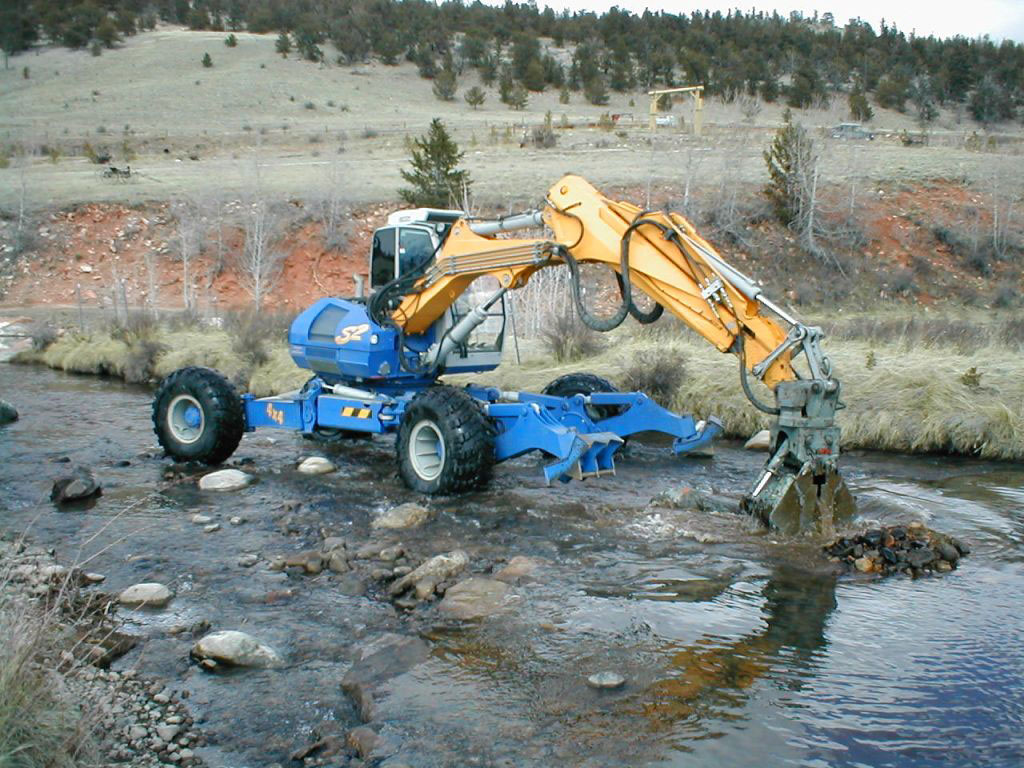
- Legal Descriptions – Most larger Montana rural properties are sold by legal land description and have never been surveyed. It is generally understood that perimeter fences may not be located exactly on the actual property boundary. Montana also has an open range law regarding the grazing of livestock. In other words, it is the responsibility of the landowner to fence the property to keep neighboring livestock out.
- Access – Some Montana properties have seasonal access due to weather factors and/or road conditions. Many times on remote county roads, maintenance and snow plowing is infrequent or not done at all. Access to a property on a Forest Service designated road or across a railroad track can be limited by road closures, could necessitate securing a renewable use permit, and may not be insurable by a title company.
- Ranch Dumps – Many rural Montana farms and ranches have an old household/ranch dump situated out on the back 40. Depending on the size and contents, it may be advisable to have a Phase One environmental assessment done on the property to determine existing or potential contaminant issues. A related concern is whether the property has any existing buried fuel storage tanks.
- Noxious Weeds – Montana has several varieties of invasive noxious weeds. Montana law dictates that property owners have a legal obligation to control weeds, and there are many available resources to help with this process.
Buying Land in Montana
Finding the right ranch generally involves a substantial investment of time, effort and energy. In dynamic markets, inventory sells quickly, and oftentimes purchase opportunities are fleeting. A game plan that incorporates individual research with professional assistance from a qualified ranch broker will educate the prospective purchaser to know when the right deal presents itself. The culmination of all the work involved in a successful land purchase will result in years of enjoyment and quality of life, pride of ownership, and an appreciating financial investment.


